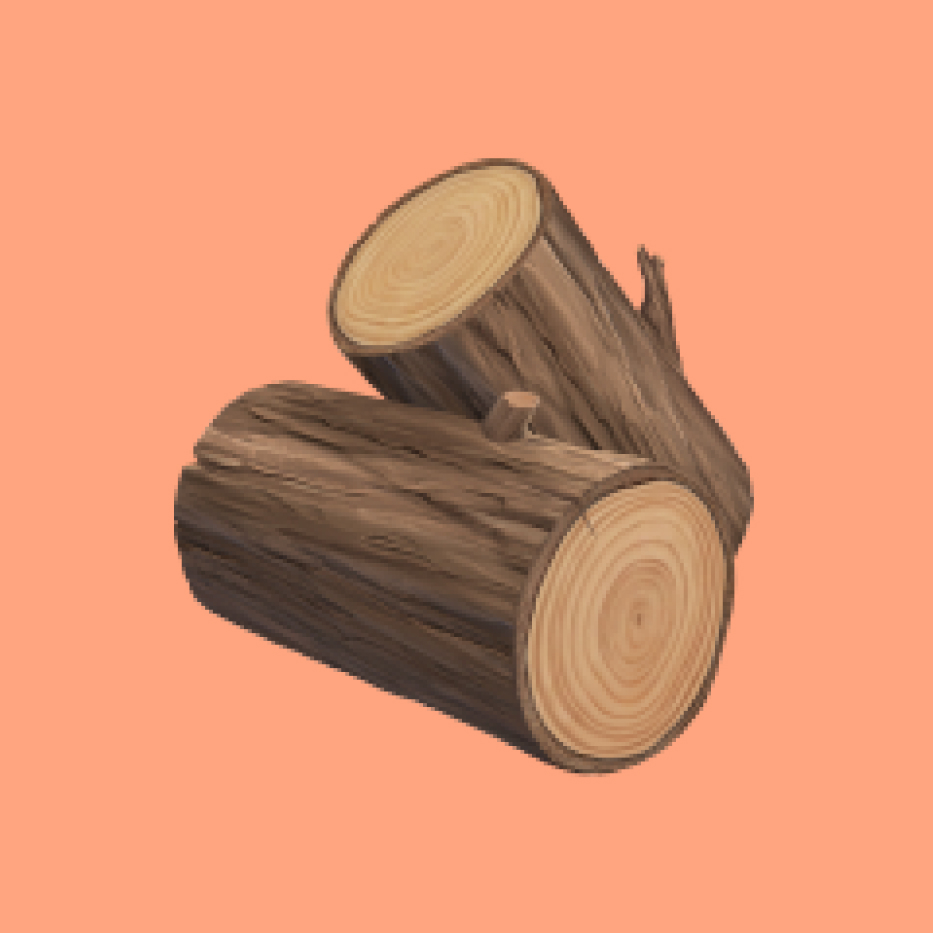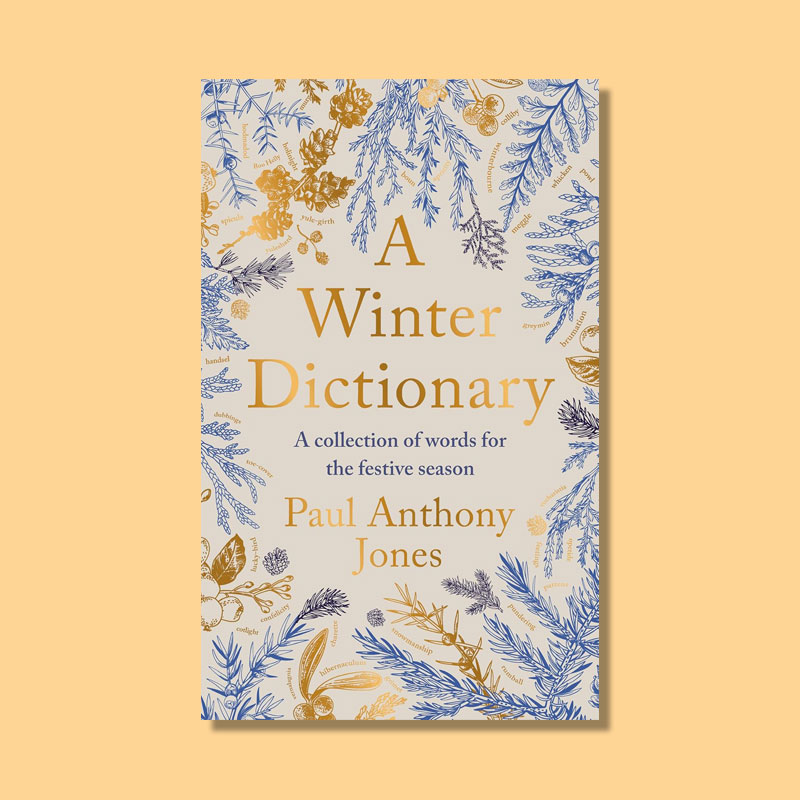What is a metaphor versus a simile? | | Similes compare two things explicitly using "like" or "as," while metaphors compare two things implicitly by stating that one thing is another. | |  | Rachel Gresh |
|
| |  | | L ast year, I was able to snag last-minute tickets to Elton John's Farewell Yellow Brick Road tour, allowing me the incredible opportunity to see the legend perform his classic hits. The setlist included the ballad "Candle in the Wind," originally written for the late Marilyn Monroe and later reimagined after the tragic death of Princess Diana. The lyrics (written by John's longtime collaborator Bernie Taupin) feature the line, "And it seems to me you lived your life / Like a candle in the wind," elegantly comparing the fragility and brilliance of the women's lives to a candle's flickering glow. Taupin's use of the word "like" to establish a clear comparison is the hallmark of a simile, a literary device that makes comparisons using "like" or "as."
Similes and metaphors are figures of speech with similar jobs — drawing connections between two objects while adding clarity or emotional impact — but they employ different methods to make that connection. Similes make explicit comparisons using the words "like" or "as," whereas metaphors make implicit links by asserting that one thing is another. Choosing which type of expression to use significantly impacts tone and meaning.
"He swims like a fish" and "She is as sharp as a tack" are similes (we could also call them "clichés, but they serve well for examples) that convey excellent swimming skills and intelligence, respectively. The words "like" and "as" are imperative to these expressions. Without them, the phrases "He is a fish" and "She is a tack" are nonsensical.
In contrast, metaphors draw connections by declaring something is something else. "The world is your oyster" is a classic example that suggests you can do whatever you want in life. But metaphors and similes aren't always interchangeable. Turning this saying into a simile — "The world is like your oyster" — removes the idiomatic power of the metaphor. Similarly, the metaphor, "You are my sunshine," carries depth that the simile, "You are like my sunshine," does not.
To better understand the distinction between the two figures of speech, let's explore their etymology. "Metaphor" comes from the Greek metaphora, which means "a transfer." Think of how metaphors transfer meaning from one object to another. On the other hand, "simile" comes from the Latin term similis, which means "like, resembling, of the same kind." It's this connection of similarities that creates a good simile. The richness of any language, including English, is enhanced by figures of speech. By understanding why and how to use them, you can paint a more colorful picture with your words. |
| | Continue reading | |  |
| |
| | Thanks for supporting our sponsors! They help keep Word Smarts free for everyone. | |
Emoji Decoded | |  | | Wood | | | Meaning: Displays one or two sections of wood (depending on platform), showing the grain pattern and bark.
Evolution: The Wood emoji has many applications: It can be used for building materials, nature vibes, or for idioms such as "knock on wood" and "out of the woods." It may also accompany private photos with a racy connotation.
Usage: [Text about weekend plans:] Time for a cozy cabin getaway 🪵🔥 |
|
 | | Wood | | | Meaning: Displays one or two sections of wood (depending on platform), showing the grain pattern and bark.
Evolution: The Wood emoji has many applications: It can be used for building materials, nature vibes, or for idioms such as "knock on wood" and "out of the woods." It may also accompany private photos with a racy connotation.
Usage: [Text about weekend plans:] Time for a cozy cabin getaway 🪵🔥 |
|
| |
Have you read? | |  | | A Winter Dictionary | | By Paul Anthony Francis Jones | | Not all the words compiled into this thematic dictionary have made it into major reference books, but the author has done his etymological due diligence with various slang, folk terms, and little-used regionalisms. My favorites include "crump" ("to walk over crisp ground"), "foxing days" (on which the weather turns out better than expected), and "antifogmatic" ("a drink taken to counteract the effects of cold or damp weather"). Perhaps special to this volume is "Antarctic slang" that has developed from the research and science community on Antarctica. When you come in from a snowy day, you can "degomble" the snow from your hair and clothes. | | | | Jennifer A. Freeman, Word Smarts Senior Editor | | | | We independently evaluate all recommended products and services. If you click on links we provide, we may receive compensation. |
|
 | | A Winter Dictionary | | By Paul Anthony Francis Jones | | Not all the words compiled into this thematic dictionary have made it into major reference books, but the author has done his etymological due diligence with various slang, folk terms, and little-used regionalisms. My favorites include "crump" ("to walk over crisp ground"), "foxing days" (on which the weather turns out better than expected), and "antifogmatic" ("a drink taken to counteract the effects of cold or damp weather"). Perhaps special to this volume is "Antarctic slang" that has developed from the research and science community on Antarctica. When you come in from a snowy day, you can "degomble" the snow from your hair and clothes. | | | | Jennifer A. Freeman, Word Smarts Senior Editor | | | | We independently evaluate all recommended products and services. If you click on links we provide, we may receive compensation. |
|
| |
|

No comments:
Post a Comment